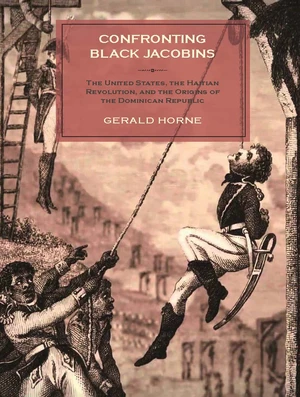The Haitian Revolution, the product of the first successful slave revolt, was truly world-historic in its impact. When Haiti declared independence in 1804, the leading powersâFrance, Great Britain, and Spainâsuffered an ignominious defeat and the New World was remade. The island revolution also had a profound impact on Haitiâs mainland neighbor, the United States. Inspiring the enslaved and partisans of emancipation while striking terror throughout the Southern slaveocracy, it propelled the fledgling nation one step closer to civil war. Gerald Horneâs path breaking new work explores the complex and often fraught relationship between the United States and the island of Hispaniola. Giving particular attention to the responses of African Americans, Horne surveys the reaction in the United States to the revolutionary process in the nation that became Haiti, the splitting of the island in 1844, which led to the formation of the Dominican Republic, and the failed attempt by the United States to annex both in the 1870s.Drawing upon a rich collection of archival and other primary source materials, Horne deftly weaves together a disparate array of voicesâworld leaders and diplomats, slaveholders, white abolitionists, and the freedom fighters he terms Black Jacobins. Horne at once illuminates the tangled conflicts of the colonial powers, the commercial interests and imperial ambitions of U.S. elites, and the brutality and tenacity of the American slaveholding class, while never losing sight of the freedom struggles of Africans both on the island and on the mainland, which sought the fulfillment of the emancipatory promise of 18th century republicanism.
Price history
Oct 25, 2021
€23.87

